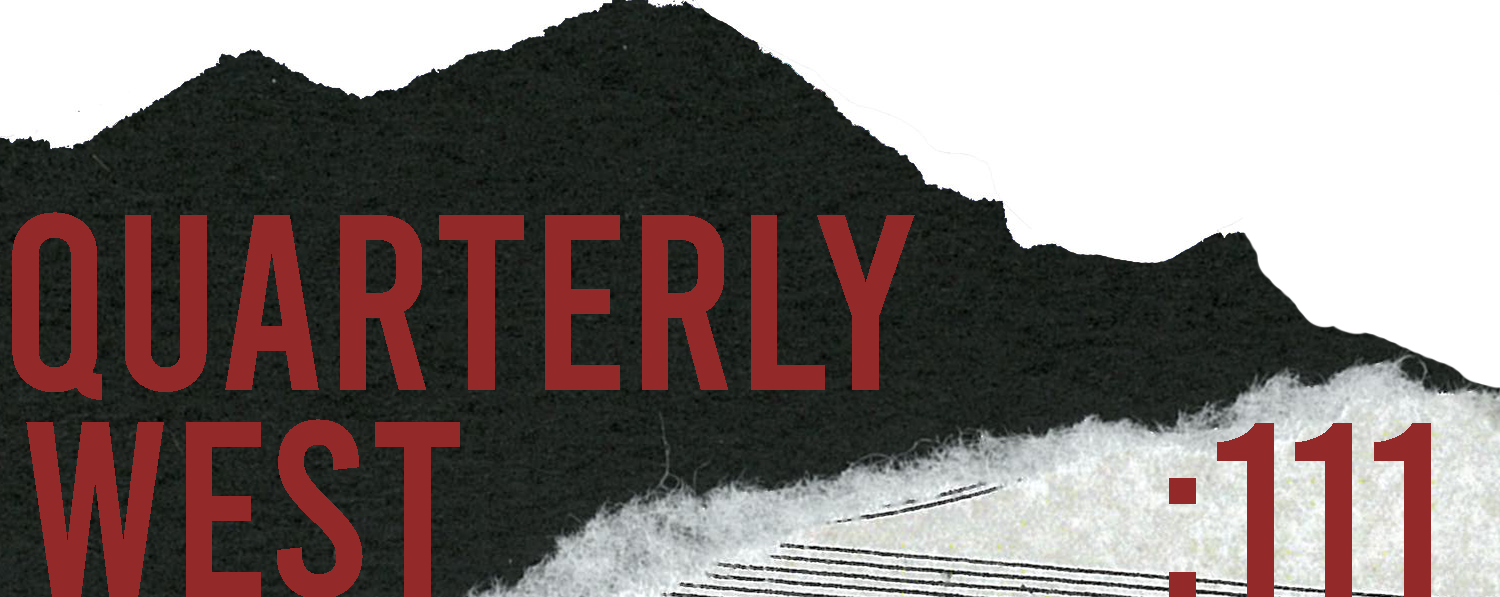The Somethingoranother’s Daughter
Her father was a somethingoranother. In the long, late October or April evenings, he would row out in his boat or drive out in his truck or take the long walk down the shell or gravel or blacktop drive to do somethingoranother, and when he came back wet and cold or dry and hot, he’d lean down and his rough or soft lips would brush her forehead, and she would ask him how somethingoranother had gone, and he’d smile or frown and tell her that she was too young to worry with such matters.
That year, her 13th or 17th, her father’s moods turned harsh or mellow, and as they changed, she too found herself changing, moving from a stretch of innocence into the realities of the world. In the long or short tumble of years that followed, she would often think back to that spring or fall and how she had learned these turgid or placid messages from her kind or taciturn father, who in his turn had learned these things from his own father, who was also a somethingoranother, though in his time, the grandfather’s, being a somethingoranother had been more or less respectable than it was in her father’s time, and so for her father there was a bitterness or happiness that this fundamental truth of his occupation had changed so rapidly or gradually over the years, and that bitterness or happiness also reached into her.
In that long past spring or fall, one late afternoon or early morning, she’d sat with her father at the kitchen table or on the porch or in the front seat of his old truck or new car, and he’d reached a hand to her shoulder, and she’d said to him, “Do you know that feeling when you are at the very edge of sleep and you hear a door opening across the house, and your mind opens from sleep to wakefulness as the door itself opens, and in that moment you and the door and the world are moving in tandem? What do you call that feeling, do you suppose?”
“No name for that,” he said, and she looked out at the yard or the lake or the dining room.
“What, then, do you call the time after a death, when the person you loved is already buried and the friends have receded into their own lives and you reach for the phone to call the person before your mind has decided to call the person and certainly before you realize that such a thing is no longer possible, when your body is acting on its own rhythms, not yet attuned to the new contours of your world?”
“There’s not a name for that either.”
“I guess there’s not. But okay. What about when you’ve adopted a pet from a shelter and you bring it happy-eyed into your home and you work to train it not to piss on the floor or to shit in your bed or to eat your food from the counter before you yourself have eaten it and then in the lull of days when normality has set in with the animal you notice that you have grown so painfully attached to it that it has created in you a kind of vibrant longing for affirmation that your discipline has not broken its spirit and you wish briefly that it would eat your pillows and vomit in your shoes so that you can know again the feeling that you felt that first day when it ventured into the space you thought of then as your home but that you think of now as your home, the plural, the cohabited home for the two of you until the animal escapes out the front door one day and chucks itself into the road where it can be devoured by the maw of the world?”
“Not one for that. Any other questions for me?”
She had looked at her father then, as he gazed long or briefly out the window or across the road. He, her father, knew then she would not remember this conversation, would in fact move into the sprawl of her own life, which would gradually progress away from him and this time and this place, leaving her eventually a person that he did not know at all, though he had taken part in her creation, and he understood too that she would never know him in the way that he was in this moment, and a tear trickled down his bearded or clean-shaven chin, though she did not see it or if she did see it, she did not comment on it. Life does its work, though, doesn’t it?
After a time, she reached to his forearm and tugged gently at the wispy hairs and said to him, her voice trembling or calm, “What do you think we should do about all of this?”
